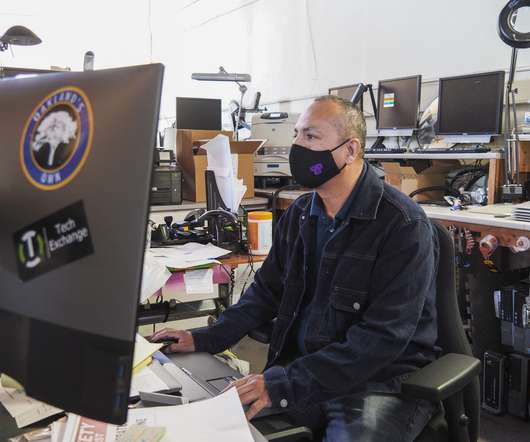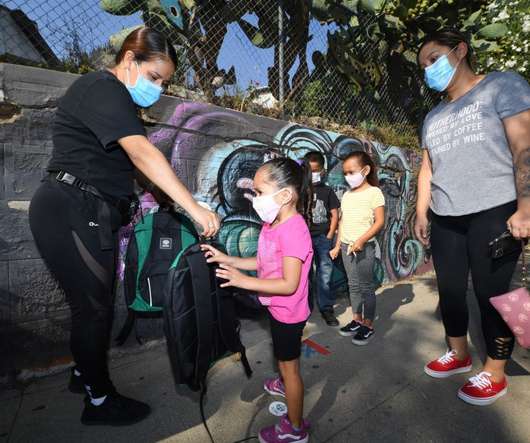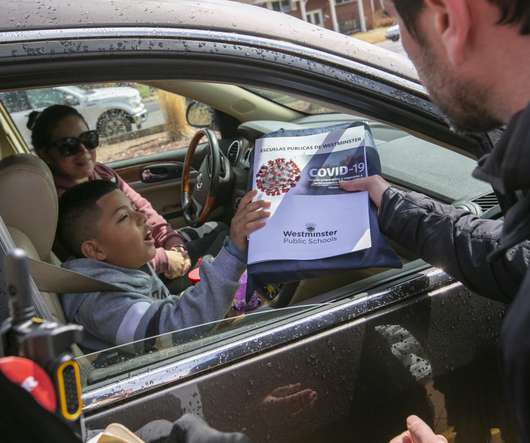How one city closed the digital divide for nearly all its students
The Hechinger Report
APRIL 14, 2022
According to a 2021 report from the think tank New America, 1 in 8 children from low-income families don’t have a computer at home, while 1 in 7 lack access to broadband internet. It’s just been exacerbated by the pandemic,” said Rebeca Shackleford, the director of federal government relations at All4Ed, an education advocacy nonprofit.

















Let's personalize your content